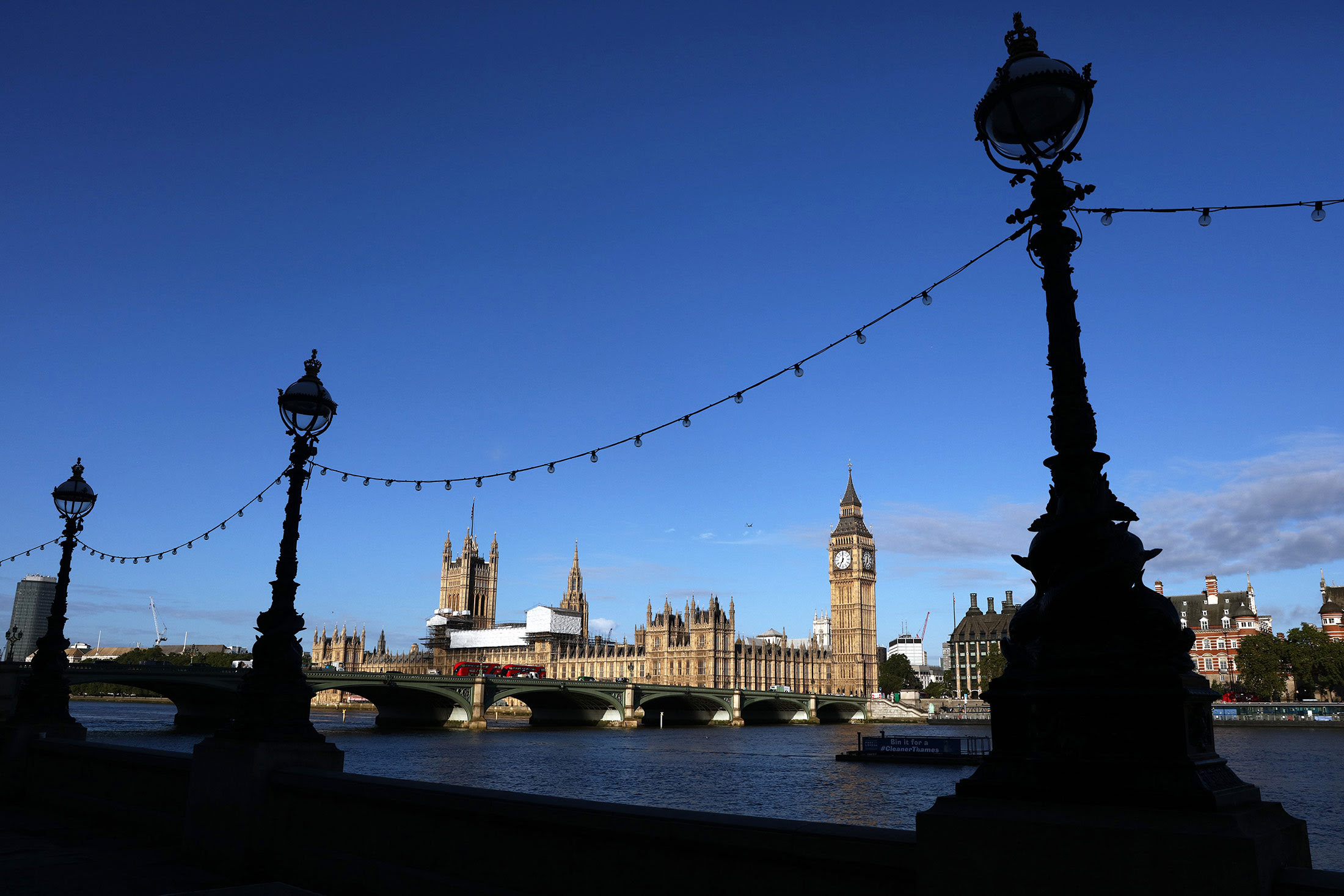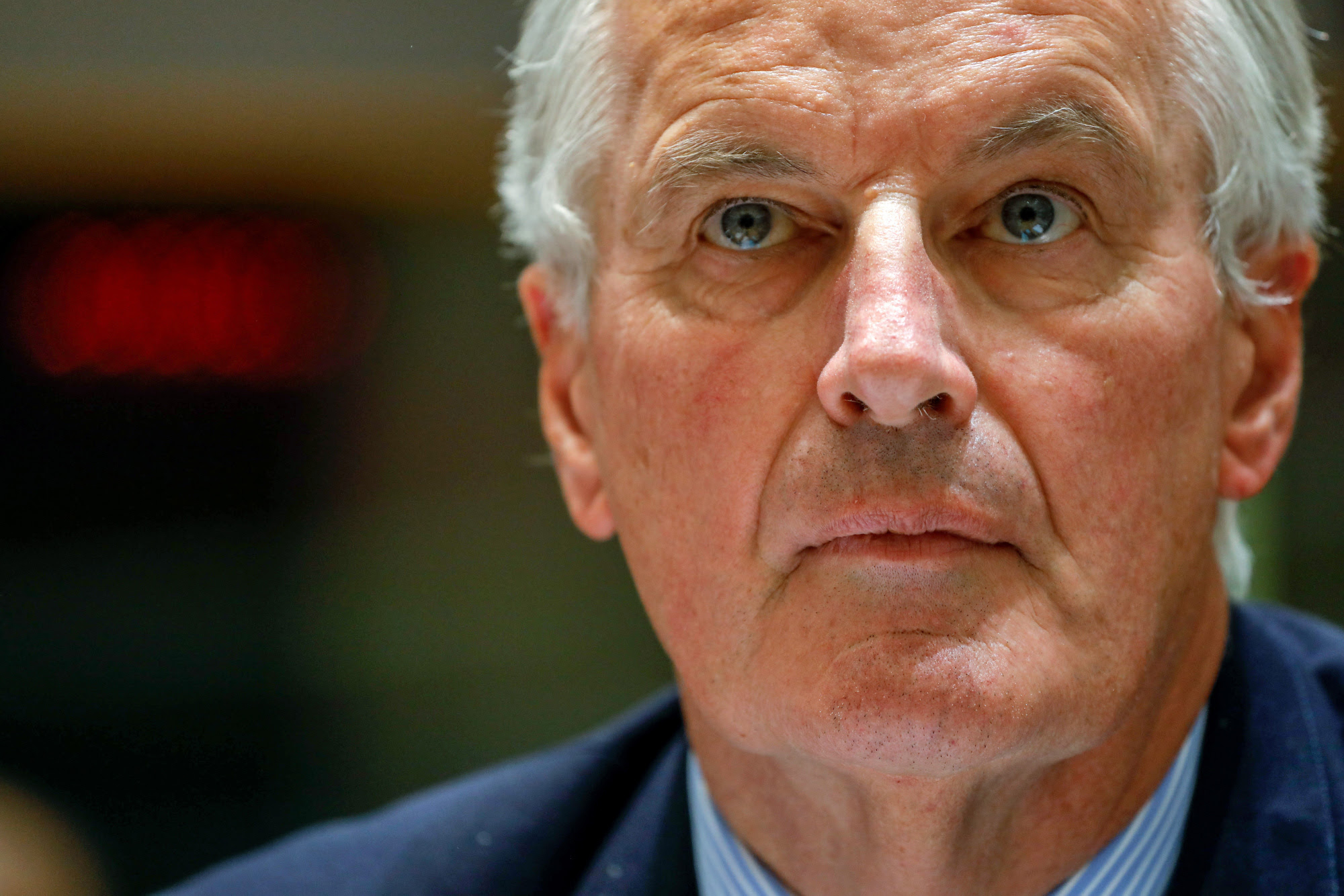Timetable clash
Just a week to go before Brexit talks resume and already the U.K. and European Union are at odds again over how soon they can start crafting a trade deal.
Adopting a provocative posture, Prime Minister Theresa May’s government is, in its own words, “stepping up pressure” on the EU to move on from discussing the terms of separation as soon as October.
The use of fighting words in the past has not budged Brussels and will not go down well now given that EU officials blame the U.K. for slow progress and a lack of clarity. Before agreeing to talk trade, the EU wants “sufficient progress” to be made addressing citizens’ rights, the Irish border and the Brexit bill.
Both sides had initially aimed for that milestone to be met in October. But Slovenian Prime Minister Miro Cerar told The Guardian that “the process will definitely take more time than we expected.”
“There are so many difficult topics on the table, difficult issues there, that one cannot expect all those issues will be solved according to the schedule made in the first place,” Cerar said. “What is important now is that the three basic issues are solved in reasonable time.”
Furthermore, Brexit Secretary David Davis revived a spat over whether the divorce and trade discussions should happen in parallel. The U.K. will try to speed up the process this week by publishing five position papers on topics ranging from data protection to resolving post-Brexit disputes.
Investors may also be growing worried that the talks are proving sticky, increasing the risk that the U.K. leaves the EU in March 2019 without a deal. The pound was the worst performing Group of 10 currency last week.

Brexit Latest
Court Appeal | Britain will this week propose a “new and unique” court, based on the one that oversees the European Free Trade Association, to address post-Brexit relations with the EU, the Financial Times reported. May’s refusal to allow the jurisdiction of the European Court of Justice is “foolish” and incompatible with U.K. proposals for a post-Brexit transition period, Paul Jenkins, a former chief of the government’s legal services told the Observer.
Economists’ Clash | A group of pro-Brexit economists, including Patrick Minford of Cardiff University, estimated that leaving the EU single market and customs union could add £135 billion pounds to the U.K. economy and lower prices by opening up global free trade and spurring competition. In response, Monique Ebell of the National Institute of Economic and Social Research said the U.K. stood to lose as much as 30 percent of its total trade by leaving the EU’s single market and that a decline in sterling would boost inflation.
Fox Trotting | Trade Secretary Liam Fox, one of the most ardent supporters of Brexit, has written to Cabinet members suggesting that the devolved administrations in Scotland, Wales and Northern Ireland shouldn’t be given a veto on any future trade deals the government strikes after Brexit, according to the Times. The Scottish National Party said that would mark a “dangerous precedent.” While Fox is visiting Panama and Colombia, his chief trade negotiator, Crawford Falconer, wrote in the Telegraph that post-Brexit trade deals will make the world safer.
Not Just Brexit | The EU has more in its in-tray than Britain’s departure. Some eastern European countries are testing the boundaries of anti-democratic initiatives and the euro area is still working on reforms to protect its economic well-being. Viktoria Dendrinou and Ian Wishart run through all the challenges facing continental leaders.



Comentarios
Publicar un comentario